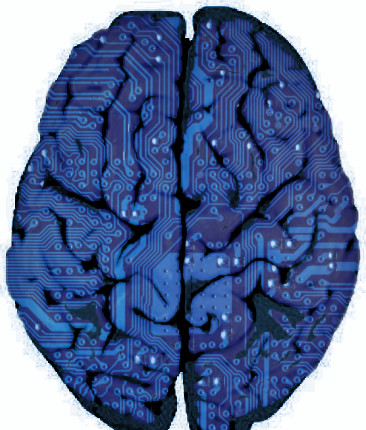Study plots online brain changes
 Researchers say the internet may be changing our brains.
Researchers say the internet may be changing our brains.
A new study has found that internet use can produce both acute and sustained alterations in specific areas of cognition, which may reflect changes in the brain, affecting our attentional capacities, memory processes, and social interactions.
“The key findings of this report are that high-levels of Internet use could indeed impact on many functions of the brain. For example, the limitless stream of prompts and notifications from the Internet encourages us towards constantly holding a divided attention – which then in turn may decrease our capacity for maintaining concentration on a single task,” said Dr Joseph Firth from Western Sydney University.
“Additionally, the online world now presents us with a uniquely large and constantly-accessible resource for facts and information, which is never more than a few taps and swipes away.
“Given we now have most of the world’s factual information literally at our fingertips, this appears to have the potential to begin changing the ways in which we store, and even value, facts and knowledge in society, and in the brain.”
Dr Firth says avoiding the potential negative effects could be as simple as ensuring that children are not missing out on other crucial developmental activities, such as social interaction and exercise, by spending too much time on digital devices.
He also suggests “speaking to children often about how their online lives affect them … to hopefully identify children at risk of cyberbullying, addictive behaviours, or even exploitation – and so enabling timely intervention to avoid adverse outcomes”.
Researcher Professor Jerome Sarris is also concerned over some of the potential impacts of increasing internet use on the brain.
“The bombardment of stimuli via the Internet, and the resultant divided attention commonly experienced, presents a range of concerns,” said Professor Sarris.
“I believe that this, along with the increasing ‘Instagramification’ of society, has the ability to alter both the structure and functioning of the brain, while potentially also altering our social fabric.
“To minimise the potential adverse effects of high-intensity multi-tasking Internet usage, I would suggest mindfulness and focus practice, along with use of ‘Internet hygiene’ techniques (e.g. reducing online multitasking, ritualistic ‘checking’ behaviours, and evening online activity, while engaging in more in-person interactions),” said Professor Sarris.







 Print
Print